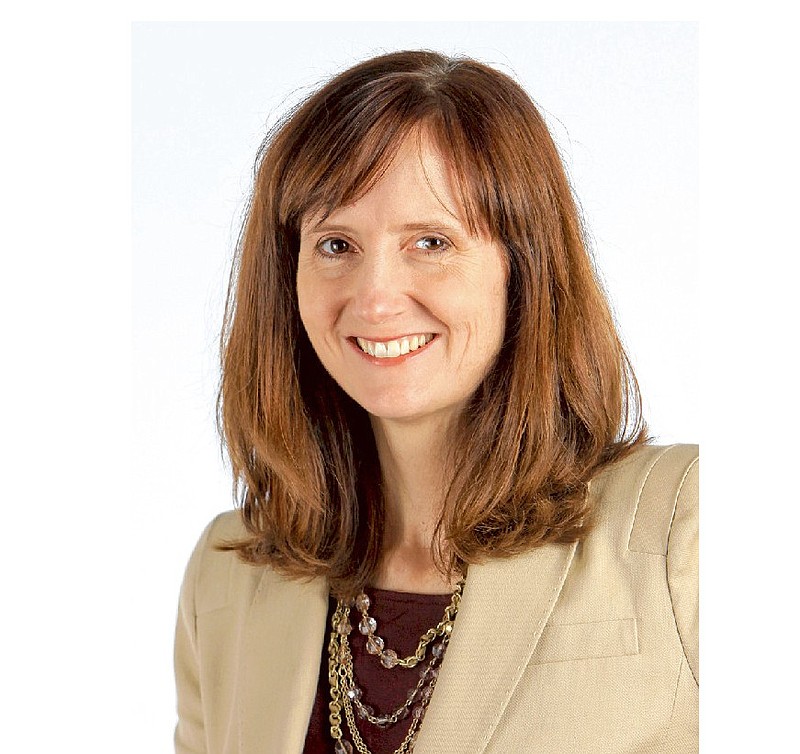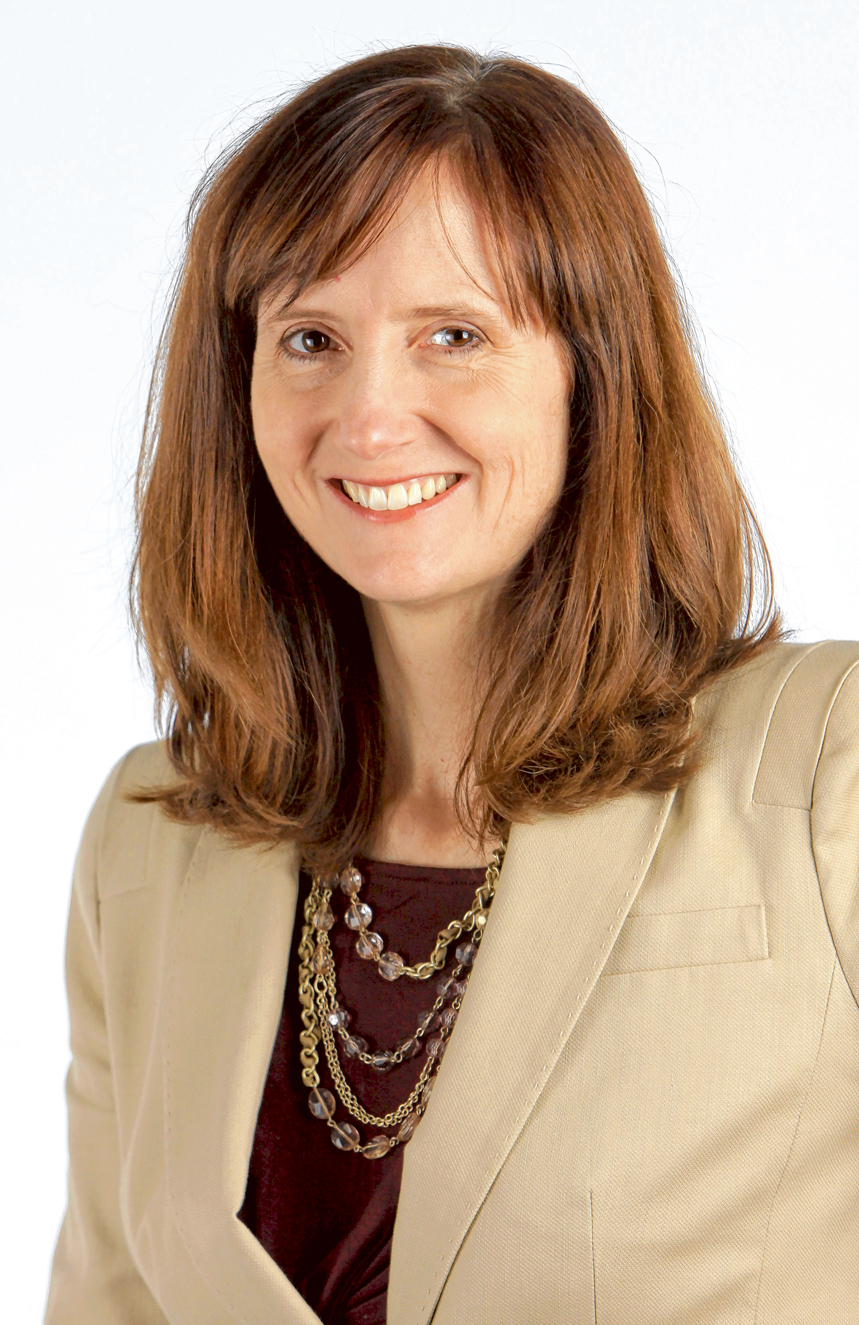In 2011, one of our business reporters, Ellis Smith, had a hunch and launched an investigation into a wealthy local man who Smith believed was operating companies as a front for an unlicensed Internet payday loan empire.
He dug into Carey Vaughn Brown, his background and his businesses, for months, and what he found was shocking.
Brown, a former used car dealer in Rossville, was charging exorbitant interest rates on his loans, far above what the law allows, and raking in millions of dollars.
So in December of that year, the Times Free Press published those findings. The report asserted that Brown used "shell corporations" set up overseas as the basis for a large payday lending syndicate. It described how he'd set up a handful of Chattanooga-based front companies that on the outside looked like marketing and IT firms and call centers, but in reality were part of an elaborate scheme to disguise a lucrative offshore payday lending operation. The story said his conglomerate was bringing in about $500 million a year.
And Brown and his associates didn't like the story, not a bit.
For 10 months in 2012, Brown's associates and lawyers threatened the newspaper and bullied Smith's sources. They told us if we didn't retract the story and write a new article renouncing the claims then we would face a lawsuit.
"The articles were replete with inaccuracies, fabricated statements with no factual basis and what we believe to be in reckless disregard for the truth," Joanna Temple, a lawyer representing Brown, wrote in a 2012 letter to me.
Now Temple, along with Brown and another associate, has been indicted in New York, accused of the very things our investigation asserted years earlier.
They face criminal charges for what the indictment calls a "systematic and pervasive usury scheme."
The indictment's description of how the payday scheme operated is nearly identical to the description in Smith's 2011 story. It states that Brown and the other defendants set up offshore shell companies, that they "carefully crafted their corporate entities to obscure ownership" and "designed a closed 'wheel' where nearly every company involved in the payday loan process -- which included approval, underwriting, funding, collecting, marketing, design, accounting, lead generation and customer service -- were operated or controlled by defendant Carey Vaughn Brown."
The indictment goes on to say that in 2012, "approximately $500 million in principal and interest cycled through the payday syndicate and its affiliated companies."
According to the New York Supreme Court indictment, loans from Brown's companies carried annual interest rates of between 350 and 650 percent and sometimes higher. In New York, it is a crime to charge more than 25 percent annual interest on loans less than $2.5 million.
The newspaper had it right all along.
Like any good journalist, Smith followed a lead and wouldn't back down.
Through cryptic communications and covert meetings, ex-employees told Smith they lived in fear of retribution from a former employer they saw as relentlessly vindictive against those who questioned the legality of its actions. They claimed that the companies were run as a single conglomerate, all linked to a trio of online payday lending websites that made money by skirting state law.
Although Brown's three payday websites -- along with several other related payday lending institutions -- gave every indication that each was run separately and from foreign shores, Smith used government records and advanced investigation tools and sought help from network experts to determine that the payday sites were in fact operated by Brown's conglomerate, based in Chattanooga and incorporated in Nevada.
Smith located an obscure deposition in which Brown called his businesses "shell companies" used to reduce his legal exposure. A nationwide legal search turned up cease-and-desist orders from several state attorneys general against several of Brown's businesses, although no states had yet grasped the full scope of his operation.
Attempts to question Brown yielded only legal threats and blanket denials.
After the stories ran, Brown's lawyers sued whistleblowers. They threatened the Better Business Bureau and took legal action against three former employees for violating nondisclosure provisions of their employee contracts by talking to the Times Free Press. The former employees eventually signed statements recanting part or all of their comments, and Brown's lawsuits against them were settled. Fortunately, most of their original comments had been recorded by Smith.
Until Smith's story, no one cared to question Brown's business practices.
Chattanooga business organizations accepted him as an upstanding member. Churches took his generous donations and didn't ask how he made the money.
In March, 2012, Brown, flanked by religious and nonprofit leaders at Miller Plaza in downtown Chattanooga, announced a new nondenominational Christian philanthropic organization, Covenant Values Foundation, and pledged the foundation would give away $1 billion by the time he retires. He said "it's up to God" how soon the billion would be distributed. He said he hoped the foundation in general would mimic the Maclellan Foundation. That foundation's executive chairman of the board, Hugh O. Maclellan, would be an advisor to Covenant Values Foundation, Brown said. "I want to be just like Hugh O.," Brown said at the time. Many praised his generosity.
Things have changed since then.
Last year, a New York financial regulator convinced banks to stop transmitting what the state views as illegal payday lending transactions through a nationwide automated clearing house. That move shut down Brown's ability to collect debts and make loans and brought his lending conglomerate to a screeching halt.
Soon after, he closed most of his businesses and laid off 400 employees.
Thanks to a skeptical reporter, the truth came out back in 2011.
I cannot understate the lengths to which Brown's people went to silence the newspaper. Aside from the legal threats, they implied that they were digging around in Smith's background. One of them told me it would be difficult to find work as a journalist after publishing a false story.
It's easy to feel intimidated when threatened by powerful attorneys and wealthy business owners, but it's our job to stand by the facts.
In the end, I am very glad we did.
Alison Gerber is editor of the Chattanooga Times Free Press. Contact her at agerber@timesfreepress.com.

